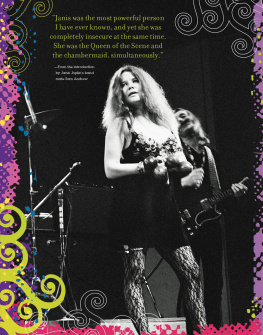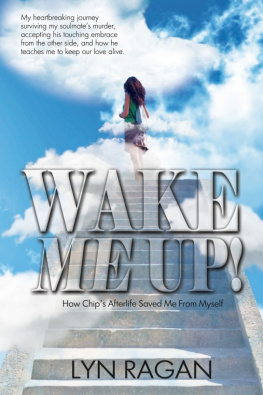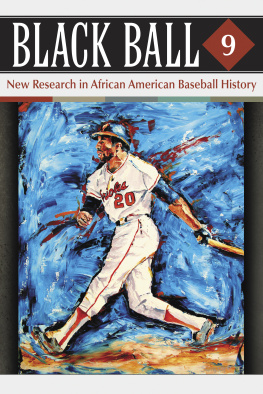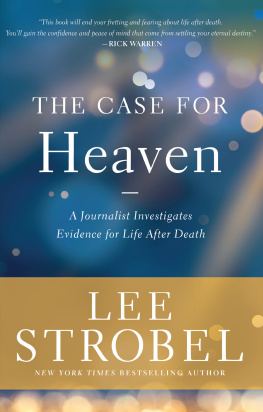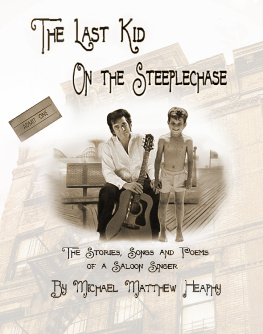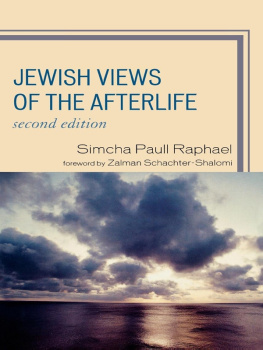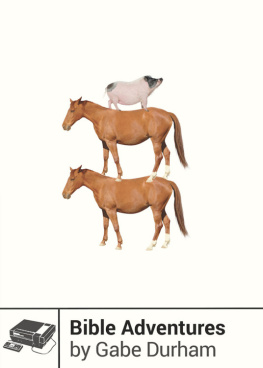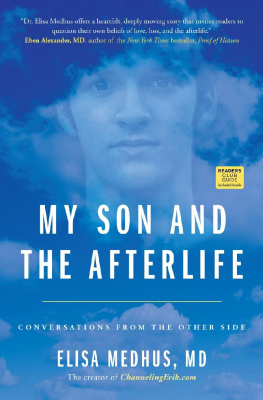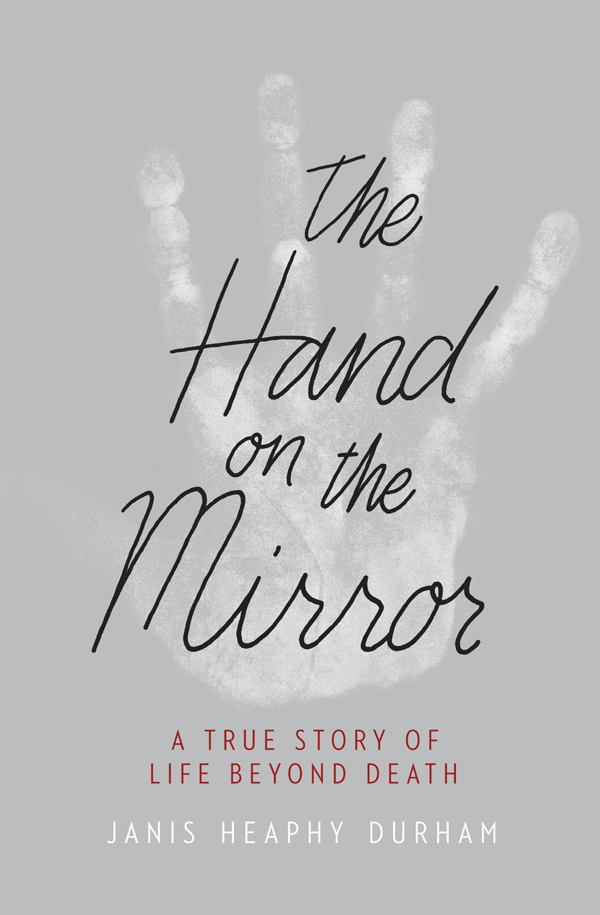Cover copyright 2015 by Hachette Book Group, Inc.
All rights reserved. In accordance with the U.S. Copyright Act of 1976, the scanning, uploading, and electronic sharing of any part of this book without the permission of the publisher constitute unlawful piracy and theft of the authors intellectual property. If you would like to use material from the book (other than for review purposes), prior written permission must be obtained by contacting the publisher at permissions@hbgusa.com. Thank you for your support of the authors rights.
Grand Central Publishing is a division of Hachette Book Group, Inc.
The Grand Central Publishing name and logo is a trademark of Hachette Book Group, Inc.
The Hachette Speakers Bureau provides a wide range of authors for speaking events. To find out more, go to www.hachettespeakersbureau.com or call (866) 376-6591.
The publisher is not responsible for websites (or their content) that are not owned by the publisher.
All photos courtesy of the author.
This is a story of an unusual personal journey. Its not what you would expect from someone with my traditional upbringing and experience in the hard-edged world of newspapers. It begins with the untimely death of my beloved husband Max Besler in 2004 and follows with a series of extraordinary events that startled me at first, and then intrigued me. Unfolding over eight years, this is a story of my spiritual growth and how my mind gradually opened to realities that I previously would have considered unimaginable. Its a story about love and how love ties us all together in a far more fascinating universe than I ever imagined. In the end, I hope my story will be a source of strength to all who are touched by death, which, of course, is everyone.
The question of what happens after we die has always challenged us. The topic makes us uneasy. Here we are, living active and full lives. Why do we even want to think about death? Then it strikes. We lose someone we love and we are faced with contemplating death and the afterlife. Scientists, theologians, writers, musicians, poets, and artists have all addressed the question directly or indirectly. It is at the core of organized religions belief system, one that I grew up with as a Presbyterian. We believe that when you die you go to heaven. But what exactly is heaven?
If we knew, not just from the faith of our religions, but from modern science, that our consciousness survives after death, it would profoundly affect how we behave. I think its arguable that this question of whether or not there is an afterlife is the most important question in life. What could be more important? The Hand on the Mirror suggests that we continue on in another form after we die. Simply put, life does not end with our physical death. My hope is to open readers thinking to this possibility.
The most compelling motivation for writing The Hand on the Mirror was the potential to encourage people to talk openly about their experiences of communicating with a loved one after the loved one has passed. I also hope this book will provide readers with not only an emotional framework but also an intellectual foundation of legitimacy for those conversations. These discussions should be out in the open, free of constraint. As a society we could benefit from eliminating the stigma associated with sharing personal stories about the afterlife, including those that involve the supernatural, as mine do.
Fear of embarrassment was a significant part of my reluctance over the years to write this book. I knew that what I revealed would be provocative, and I obsessed over what my family and friends would think. Of course, I knew they loved me, but I was worried that wouldnt stop them from thinking that my profound grief had affected my judgment. And I was also concerned about my wider circle of friends and associates, particularly those I worked with. I was convinced that the bizarre nature of the events I experienced would be impossible for many of these fact-based personalities to accept. Who could blame them? The story is incredible, out of bounds of the normal. And even though there are documenting photographs, people often believe only what they choose to believe, not what may be unbelievable but true.
I know Im not alone in this fear of being judged. As part of my research, I shared my story and the accompanying photographs with a number of people, and many related to me their experiences with otherworldly events. In fact, they were eager to tell me their stories and sometimes added that they had never shared them with anyone else, in certain cases even their spouses, for fear of how they would be viewed. Learning about their reluctance fueled my courage to come forward.
Most stories have characters, and this one is no exception. You will meet my family, my friends, professors, researchers, psychologists, physicists, spiritual practitioners, and mediums, and a host of other individuals who were part of the journey and pivotal in my investigation. You may be surprised at their similarities of thought, although they are not always expressed with the same language. You will meet a number of key scientific leaders in this field and hear their frustrations in trying to further their exploration. I hope you will come to know them as I haveas fascinating people.
Some technical issues go well beyond my expertise, but Ive tried to describe scientific principles and progress in a way that the average reader can understand. My goal in this is to help the scientists and their work get the widespread attention they deserve.
Lasting change is not driven from the top down but from a bottom-up approach. People get behind an idea, and unbelievable things can happen. Abraham Lincoln said it well: With public sentiment, nothing can fail; without it nothing can succeed. If readers can feel safe to share their stories about the survival of consciousness and an afterlife, momentum will build. That will help drive the topic further into the mainstream, perhaps leading to more extensive, accurate, and serious media coverage. With momentum, scientists can explore this field in a properly funded, more open environment. Any contribution this book can make to that momentum will be immensely gratifying to me.
An expanding acceptance of the survival of consciousness and, therefore, life after death has the potential to bring about change in all of us. Well live our lives with more emphasis on love and less on fear of loss. And maybe, just maybe, well begin to understand our purpose.


